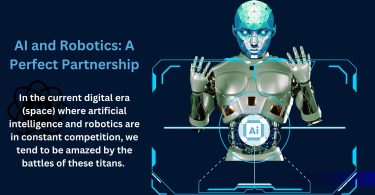Download the notes Beyond Artificial Intelligence totally free from this website. Artificial Intelligence is the skill of the computer controlled by a computer to do work that normally need human intelligence and discernment. Artificial Intelligence is uptight with the advancement of computer systems which arouse human reasoning when they are practiced to the sphere of rational knowledge. Many specific subdomains are made by ontologies that permit the advancement of system which practice this knowledge with excellent distinction when questions are asked to them.
In these there are two chapters, first you will learn about the organizational architecture of the psychic system and the feeling of thinking. You will learn about the problem of the study of thought, the feeling of thinking and the general organizational principle, the specific characteristics of the components of the system using a constructivist approach, unification between regulators and neuronal aggregates and many more things. In next chapter you will learn about the computer representation of an artificial consciousness. These notes give many informational data that is useful for many peoples who are interested in artificial intelligence and can use this data in their projects.
You will cover following topics from these notes:
The Organizational Architecture of the Psychic system and the Feeling of Thinking
- The systematic layer and the regulators
- The mental landscape
- The aim and the space of regulators
- The attractors
- The generation of a representation
- The decisive intention to think
- Learn Linguistic capacity in the human conscious
- Learn assessment of the functioning of the human psychic system
Learn the computer representation of an artificial consciousness
- Learn about multiagent design to generate an artificial psychic system
- Learn Designing the artificial psychic system using a multiagent approach
- Learn about self control of the artificial psychic system using regulator agents
- The organization architecture of the system
- Organizational memory and artificial experience
- Learn affective and tendential states of the system
- The production of representation and the sensation of thinking
- The feeling of existing
- Learn Multisystem deployment
- The final fate of system endowed with artificial consciousness



